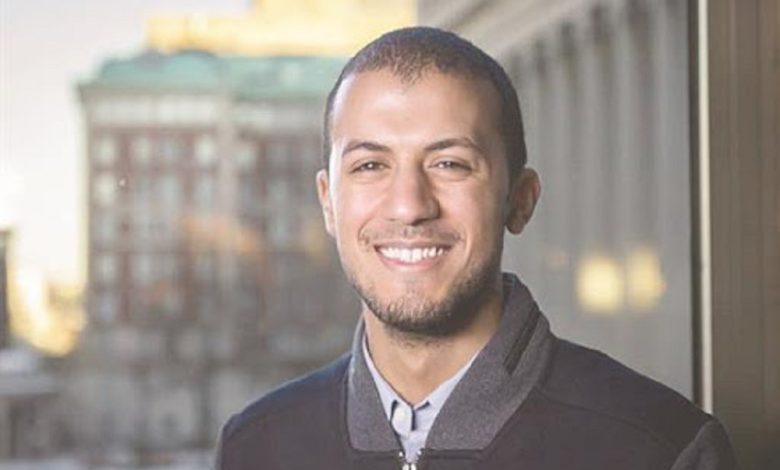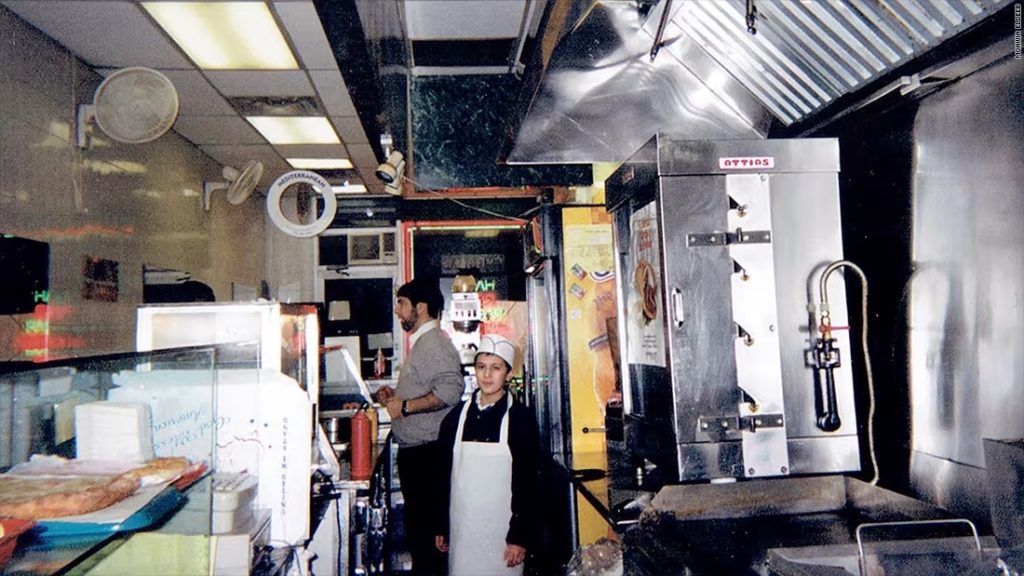From Homeless Shelter to Tech Innovator: The Inspiring Journey of Egyptian-American Moawia Eldib
How a boy who left school to support his family rose from poverty to launch a million-dollar fitness technology startup in the U.S..

When Moawia Eldib reached the sixth grade, he left school to work 12-hour shifts at a pizza restaurant in Queens, New York, earning $20 an hour. His Egyptian family had plunged into poverty after immigrating to the United States, and Moawia wanted to help pay the bills.
Moawia was only nine when his father won the U.S. Green Card lottery. The family moved from Egypt in search of medical treatment for his younger brother, who suffered from ectodermal dysplasia—a rare genetic disorder that affects skin and gland development and can be life-threatening.
But tragedy struck when a water heater exploded in their building, forcing the family into a homeless shelter for a year. Surprisingly, Moawia later reflected on this difficult period as a turning point. “It was the scariest time, but maybe the best thing for my family—it changed the course of our lives,” he said.
Finding a Passion in Technology
Living in the shelter meant the family didn’t have to pay rent or for food, allowing Moawia to quit his job and return to his education. It was during this time that he discovered his passion for computer science.
He later enrolled at Columbia University to study the subject and eventually founded SmartSpot, a company that helps athletes and gym-goers train using interactive mirrors that provide real-time feedback on exercise form—removing the need for a human trainer.
From Personal Trainer to Startup Founder
Before becoming an entrepreneur, Moawia worked as a personal trainer in San Francisco. His co-founder for SmartSpot was one of his former clients. Together, they developed their smart gym mirrors and entered Y-Combinator, one of the world’s top startup incubators.
In January 2015, they completed the program, and by May of that year, they had raised $1.5 million in funding to grow the business.

Overcoming Language Barriers
Moawia admitted that his limited English skills initially made school challenging. He spent countless hours at the library using Khan Academy to review lessons and improve his language proficiency. “I tried to convince myself I could learn—especially English—and that I had a chance to fight for my future. That was the hardest part,” he recalled.
Recognition and the Meaning of Success
His journey from poverty to innovation earned him the Robin Hood Foundation Hero Award. When asked about his definition of success, Moawia replied:
“It’s the ability to do what you want to achieve, not just what your circumstances allow. I got the opportunity to do what I want.”
From a homeless shelter in New York to the cutting edge of fitness technology, Moawia Eldib’s story is a powerful example of resilience, determination, and the transformative potential of opportunity.



